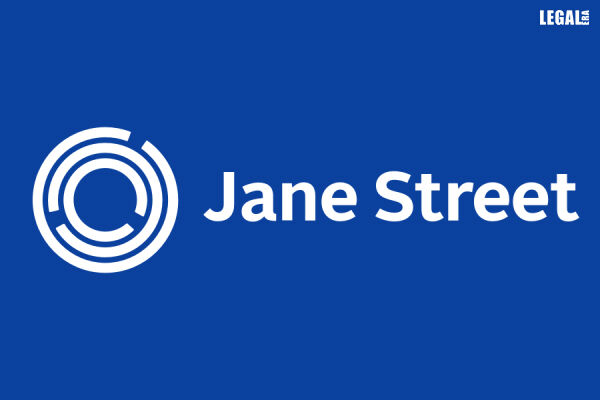
SAT deliberates on SEBI versus Jane Street case
The global trading firm has been barred from the Indian stock market for indulging in exploitation
A three-member bench of the Securities Appellate Tribunal (SAT) has held a hearing in a case between the Securities and Exchange Board of India (SEBI) and the US trading company Jane Street Group LLC, which challenged the market regulator’s July interim order, accusing it of manipulative trading in India’s equity derivatives market.
Jane Street submitted that SEBI denied it access to crucial documents, including correspondence with whistleblower Mayank Bansal and the National Stock Exchange (NSE).
The New York-based firm requested the tribunal to halt further regulatory action until the appeal was resolved. It stressed that SEBI and NSE had previously reviewed its trades and found no evidence of manipulation.
However, SEBI could argue that the reviews were independent of its decision to open a fresh probe.
Meanwhile, the global trading firm, Jane Street, has been barred by the regulator from the Indian stock market for allegedly engaging in manipulative trading practices that enabled the company to make unlawful profits.
SEBI alleged that Jane Street was deliberately manipulating the index through a series of trades, which lacked ‘plausible economic rationale.’ Terming it ‘intra-day index manipulation’, the regulator flagged it as aggressive, unhedged positions in Nifty Bank options and other instruments.
Jane Street is a proprietary trading firm that trades with its own capital rather than managing client funds. The firm allegedly gained Rs.32,681 crore by manipulating the Indian stock market and repatriating the amount overseas.
A study by SEBI had earlier shown that retail investors lost $12 billion in futures and options (F&O) trading during FY 2025, largely to sophisticated proprietary trading firms.
India has become the world’s largest derivatives market by contracts traded, drawing Wall Street players such as Jump Trading, Citadel Securities and IMC Trading.